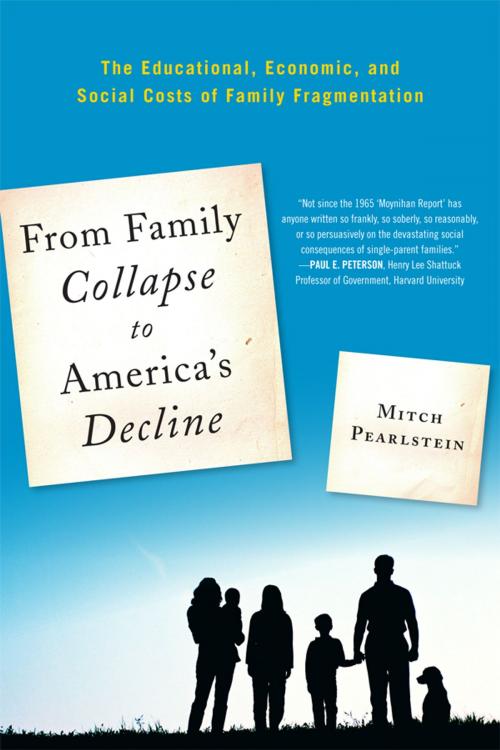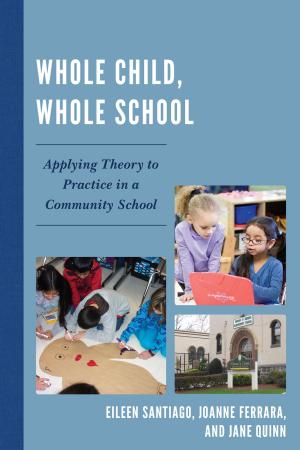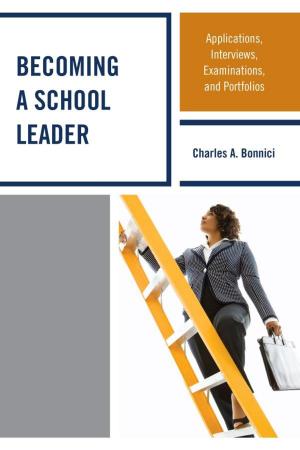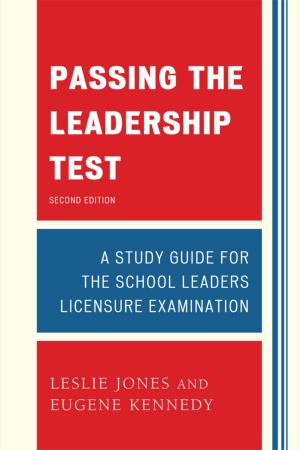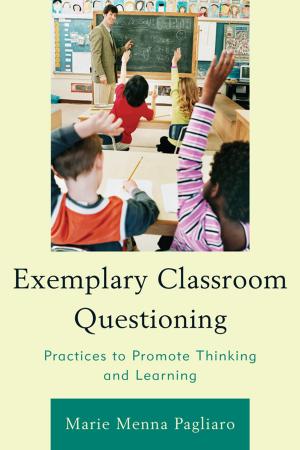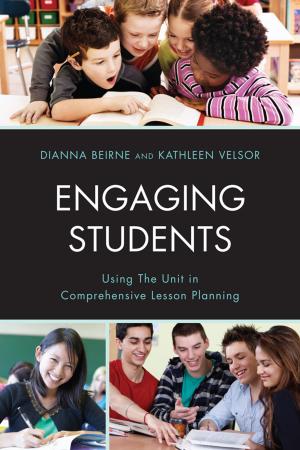From Family Collapse to America's Decline
The Educational, Economic, and Social Costs of Family Fragmentation
Nonfiction, Reference & Language, Education & Teaching, Student & Student Life, Social & Cultural Studies, Social Science, Sociology| Author: | Mitch Pearlstein | ISBN: | 9781607093633 |
| Publisher: | R&L Education | Publication: | September 16, 2011 |
| Imprint: | R&L Education | Language: | English |
| Author: | Mitch Pearlstein |
| ISBN: | 9781607093633 |
| Publisher: | R&L Education |
| Publication: | September 16, 2011 |
| Imprint: | R&L Education |
| Language: | English |
Very high rates of family fragmentation in the United States are subtracting from what very large numbers of students are learning in school and forever holding them back in many other ways. This in turn is damaging the country economically by making us less primed for innovation while also making millions of Americans less competitive in an increasingly demanding worldwide marketplace. All of which is leading – and can only lead – to deepening class divisions in a nation which has never viewed itself or operated in such splintered ways. What can be done to reverse these severely destructive trends, starting with reducing the enormous number of children forced to grow up with only one parent living under the same roof? What educational reforms are most likely to help under such demanding circumstances? And as dangerous as the situation is, why do leaders in education and other fields persist, for both understandable and less-worthy reasons, in dancing around profoundly important questions of family breakdown to the point of contortion and ultimately failure?
Very high rates of family fragmentation in the United States are subtracting from what very large numbers of students are learning in school and forever holding them back in many other ways. This in turn is damaging the country economically by making us less primed for innovation while also making millions of Americans less competitive in an increasingly demanding worldwide marketplace. All of which is leading – and can only lead – to deepening class divisions in a nation which has never viewed itself or operated in such splintered ways. What can be done to reverse these severely destructive trends, starting with reducing the enormous number of children forced to grow up with only one parent living under the same roof? What educational reforms are most likely to help under such demanding circumstances? And as dangerous as the situation is, why do leaders in education and other fields persist, for both understandable and less-worthy reasons, in dancing around profoundly important questions of family breakdown to the point of contortion and ultimately failure?
